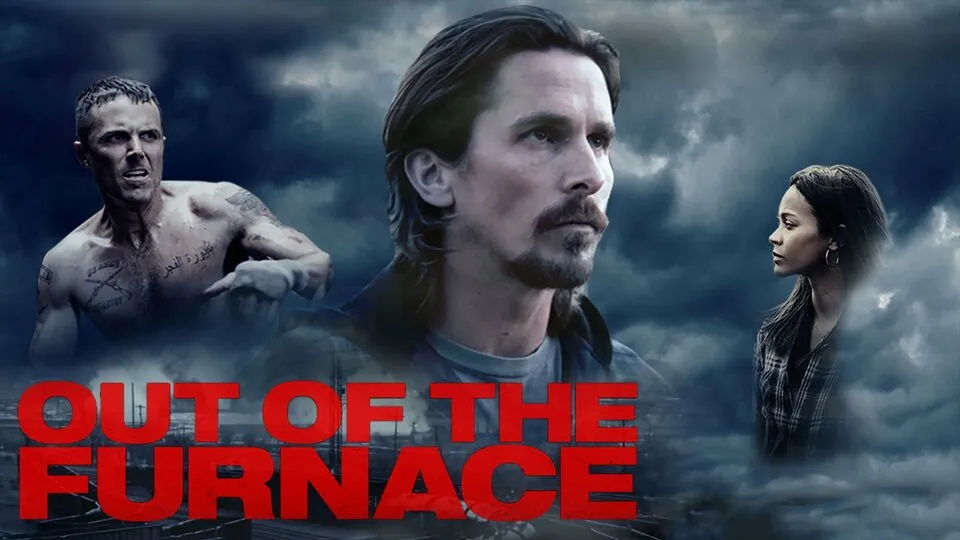🎯 "Sniper: The White Raven" (2022) — A Quiet War, A Loud Message
"No orders. No mercy. Just a mission born of pain."
🔍 Introduction: One Shot. One Mission. One Man's Awakening.
In a cinematic landscape saturated with high-budget war thrillers, Sniper: The White Raven arrives as a haunting and deeply personal story born from the ashes of real-world conflict. Based on true events, this Ukrainian war drama sheds light on the emotional and moral cost of survival during times of violent upheaval. Directed by Marian Bushan, the film captures not just the physical destruction of war, but the profound psychological transformation of a man pushed beyond his limits.

🎥 Plot Summary: A Pacifist’s Path to Becoming a Deadly Marksman
At the heart of the film is Mykola, a physics teacher and environmentalist who leads a peaceful, self-sustained life in the rural countryside of Donbas with his beloved wife. They live off the grid, committed to eco-friendly living, disconnected from the chaos of modernity and political unrest.
But their idyllic existence is brutally shattered when pro-Russian separatists raid their village. In a tragic act of violence, Mykola’s wife is murdered, and their home is destroyed. The loss is profound and absolute — Mykola, once a man of peace, becomes a man with nothing left to lose.
Fuelled by grief and vengeance, Mykola enlists in the Ukrainian Armed Forces, determined to avenge his wife's death. Trained as a sniper, he quickly rises through the ranks with lethal precision and ice-cold patience. Nicknamed "The White Raven" for his unorthodox methods and lone-wolf nature, Mykola becomes a nightmare for the enemy — silent, invisible, and devastatingly accurate.

💡 Themes: Revenge, Morality, and the Fragility of Humanity
The film transcends typical war narratives by focusing on the internal war within the protagonist. While outwardly he becomes an effective weapon of war, Sniper: The White Raven constantly questions the moral toll of revenge and the irreversible nature of violence.
Can a man truly return to peace after becoming a killer?
Is justice ever truly served on the battlefield?
What does it mean to lose your humanity in the pursuit of defending it?
These questions are posed through Mykola’s silent observations, his hesitations, and the cold calculations required of a sniper. His transformation is painful and unsettling — not triumphant, but tragic.

🎬 Direction and Cinematic Style
Marian Bushan’s direction is restrained but powerful. The pacing is deliberately slow at times, mirroring the stillness of a sniper waiting for the perfect shot. The camera lingers on Mykola’s face, on the desolate Ukrainian landscapes, and on the quiet aftermath of violence. The result is a film that feels intimate yet epic — a war movie without bombast.
The cinematography employs muted, desaturated colors — mostly grays and pale blues — reflecting both the winter battlefield and the bleakness of Mykola’s soul. Scenes of combat are not glorified; they are raw, silent, and filled with unbearable tension.

🎭 Performance: Quiet Strength, Explosive Emotion
Pavlo Aldoshyn delivers a remarkable performance as Mykola. His portrayal is largely wordless but deeply expressive — his eyes carrying the pain of loss, the burden of vengeance, and the confusion of a man no longer certain what he is fighting for.
Supporting cast members such as Maryna Koshkina (as Mykola’s wife) make brief but emotionally charged appearances, emphasizing the emotional anchor that Mykola loses and forever chases.

📜 Symbolism of the 'White Raven'
The title “The White Raven” is symbolic of Mykola’s uniqueness and isolation. White ravens are incredibly rare — out of place, misunderstood, and often viewed with suspicion. In the same way, Mykola becomes an anomaly on the battlefield: not driven by glory or ideology, but by deeply personal loss and a quiet, relentless pursuit of justice.

🗣️ Notable Quotes from the Film
“You kill not out of anger... but because you know they will kill again.”
“I never asked to be a hero. I just want her death to mean something.”
“Even in war, silence has a sound.”

🎯 Critical Reception and Cultural Relevance
Sniper: The White Raven received critical acclaim in Ukraine and among international war film enthusiasts. Audiences praised its realism, restrained storytelling, and deeply human perspective on modern warfare. It holds a strong position among recent war films for its authenticity and emotional depth — especially relevant given the ongoing real-life conflict in Ukraine.
More than entertainment, the film serves as a tribute to those who sacrifice their peace for the survival of their homeland — not out of hatred, but out of a broken kind of love.

⭐ Final Verdict: 9/10 – A Quiet Masterpiece of War and Humanity
Sniper: The White Raven is a slow-burn ing but powerful war drama that goes beyond bullets and blood to explore the human soul in combat. It is a film that doesn’t shout, but whispers — and those whispers leave echoes.
-1754624518-q80.webp)
-1754295538-q80.webp)

